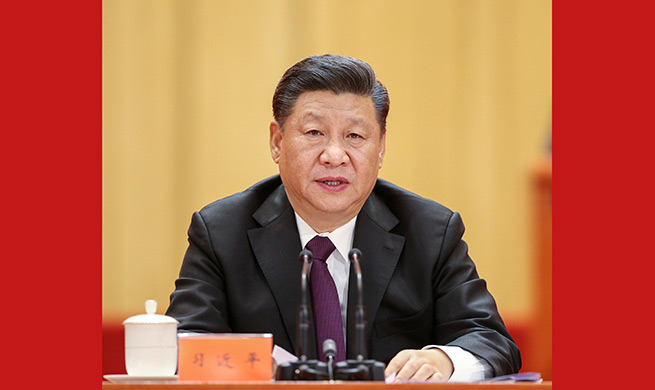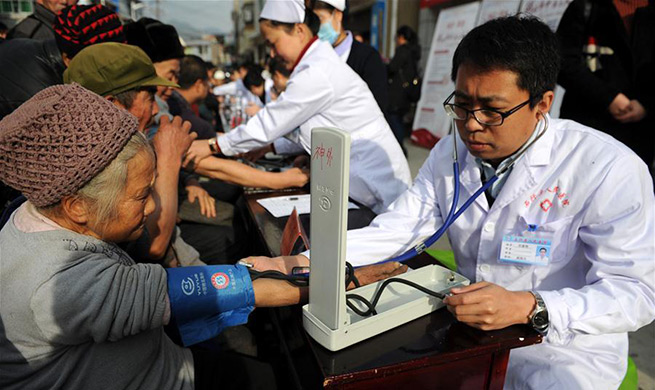BERLIN, Dec. 18 (Xinhua) -- The administrative court in Germany's federal state Hesse has rejected an urgent appeal by the German environmental group DUH for a driving ban on diesel cars in Germany's banking metropolis Frankfurt on Tuesday.
According to the administrative court, neither the German emission control act nor the underlying EU directive would oblige the federal state of Hesse to minimize pollutants. "Exceeding the limit values is therefore not sufficient for the imposition of zone-related driving bans," the court announced. Driving bans would only be considered as a "last resort".
Other cities throughout Germany are affected by driving bans as well. In Hamburg, driving bans for older diesel cars have already been in effect since May while other municipalities such as Berlin or Bonn will have to introduce diesel bans in 2019. Even a highway section near the city of Essen could be affected by a diesel ban.
In early December, Japanese carmaker Toyota terminated its cooperation with DUH but clarified that the decision would have nothing to do with the current criticism against the DUH by politicians and the German car industry.
Prior to the cancelation of the cooperation, the collaboration between DUH and Toyota had been criticized in Germany, because DUH supported the compliance with nitrogen limits and driving bans for diesel vehicles in German cities by which Toyota would have been less affected than the German car industry.
In order to make non-governmental organizations more transparent, political parties in Germany are considering to reform the relevant laws. Thomas Eigenthaler, chairman of the German tax union (DSTG), told the German newspaper Handelsblatt that a change of the non-profit law, however, could "lead to substantial resistance of many other non-profit organizations".
On Monday, the European Union agreed that the CO2 emissions of newly registered cars should be reduced by 37.5 percent until 2030 compared to 2021.













